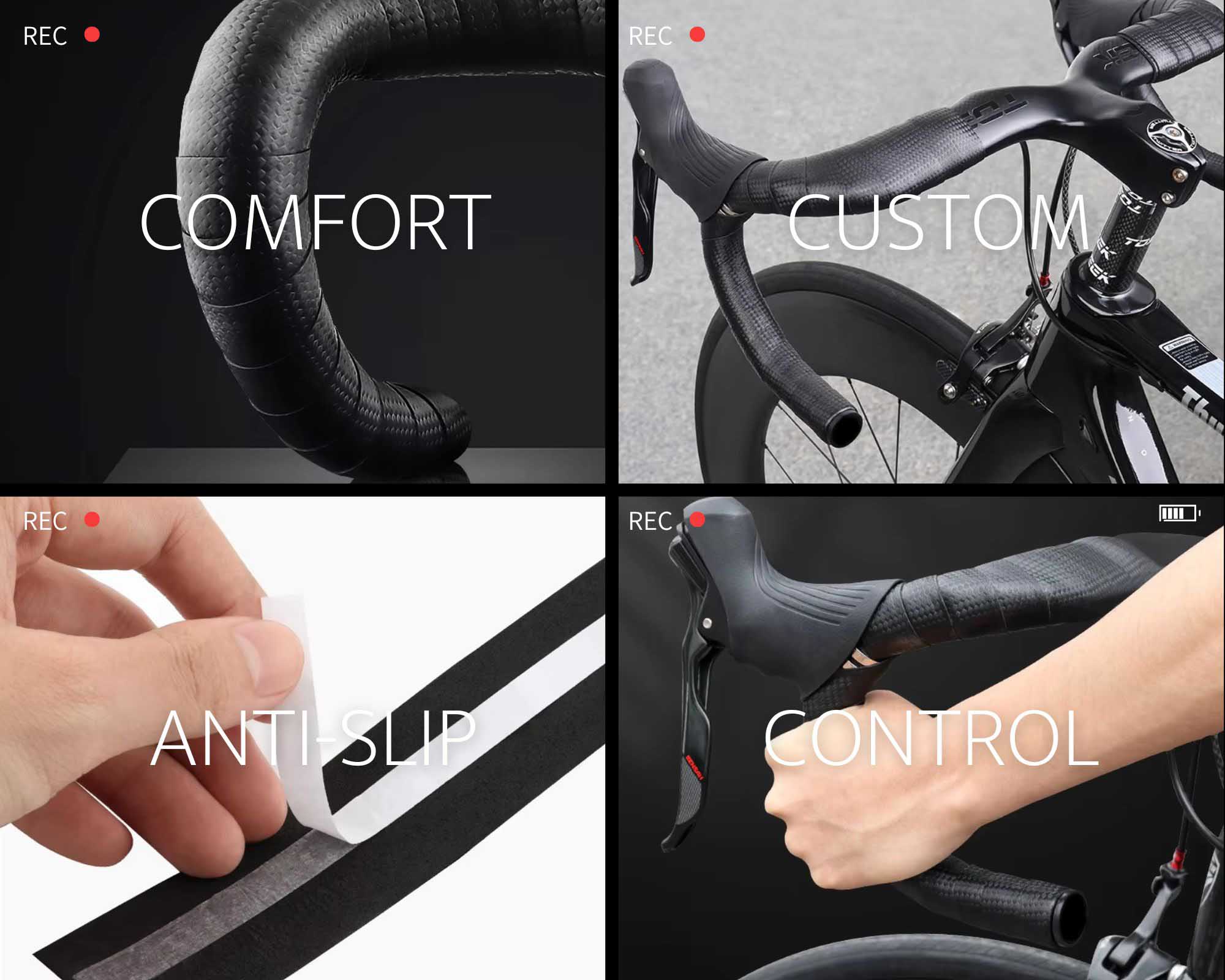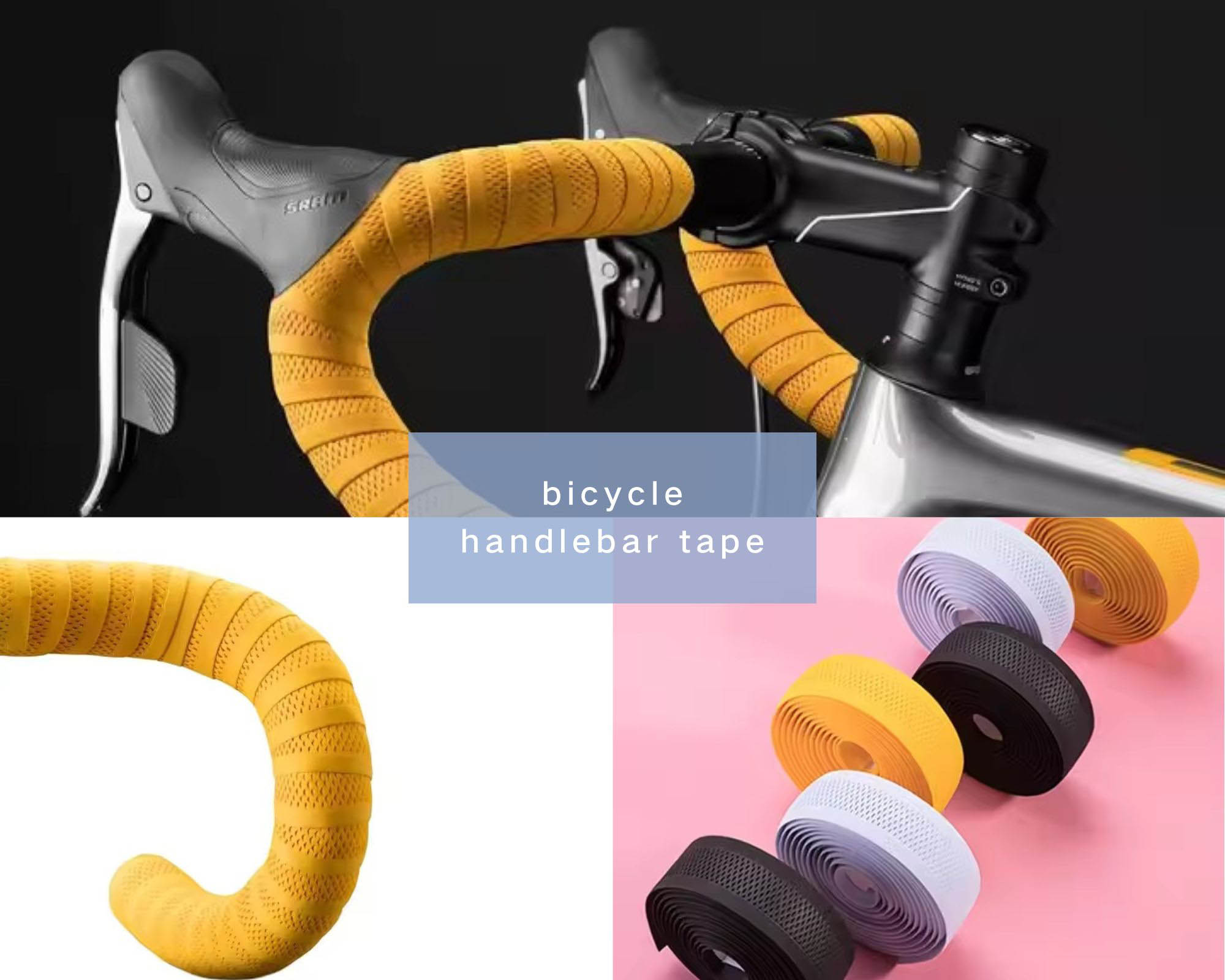Bicycle handlebar grips are essential accessories designed to fit around the handlebars of bicycles. They are typically made from materials such as rubber, gel, or foam and provide a comfortable and secure interface between the rider's hands and the handlebars.
Primary Purposes
1.Comfort: They cushion the hands and reduce fatigue during long rides.
2.Control: Enhance grip and provide better control over the bicycle, especially in wet or slippery conditions.
3.Shock Absorption: Help absorb vibrations from the road, making the ride smoother.
4.Personalization: Allow riders to customize their bikes with different colors, styles, and textures.
Key Advantages
1.Enhanced Ergonomics: Their shape and material are designed to conform to the natural curves of the hand, promoting a more natural and comfortable grip.
2.Durability: High-quality grips can withstand wear and tear from regular use and various weather conditions.
3.Grip Enhancement: Textured surfaces or added grip features can significantly improve traction, preventing slips and enhancing safety.
4.Easy Maintenance: Many grips are easy to clean and can be replaced quickly when worn out.
Precautions When Using Bicycle Handlebar Grips
1.Fitment: Ensure the grips fit securely around the handlebars to prevent them from slipping or coming off during use.
2.Regular Inspection: Check for signs of wear or damage regularly and replace them as needed to maintain optimal performance and safety.
3.Compatibility: Make sure the grips are compatible with your bicycle's handlebar diameter and shape.
4.Installation: Follow the manufacturer's instructions carefully to avoid damaging the grips or handlebars during installation.
Installation Steps
1.Preparation: Clean the handlebars thoroughly to remove any dirt, grease, or debris that could affect the grip's adhesion.
2.Measurement: If necessary, measure the handlebar diameter to ensure you have the correct size grips.
3.Application: Slide the grip onto the handlebar, starting at one end and working it towards the center. Some grips may require the use of lubrication like soapy water to ease installation.
4.Positioning: Once the grip is partially on, stretch it slightly to fit around the full circumference of the handlebar and ensure it's evenly positioned.
5.Finishing: Tighten the grip by rolling it back and forth to ensure it's securely in place and there are no gaps.
6.Trimming (if needed): For some grips, you may need to trim the excess material at the ends for a neat finish.
To sum up, bicycle handlebar grips are a vital upgrade for any cyclist looking to enhance their riding experience. They offer a combination of comfort, control, and durability, making every ride more enjoyable and safer. By choosing the right grips and following proper installation and maintenance practices, riders can ensure optimal performance and longevity from their bicycle handlebar grips.

